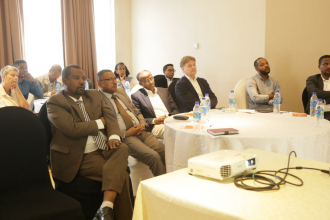Gender analysis of the impact of armed banditry on agricultural productivity and household food security of smallholder farmers in Nigeria: Evidence from Nigeria panel data
The relationship between food security, agricultural productivity and violent conflict has been a debate among policymakers and researchers. This study will analyze the gender disaggregated impact of




